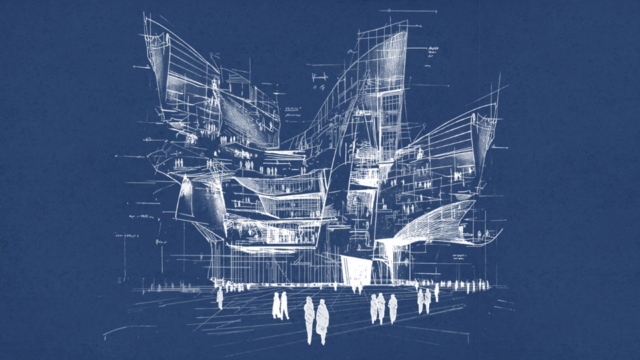APRIL 24, 2025 – Microsoft today released the 2025 Work Trend Index Report, annual research initiative on the state of work, reveals that we’re entering a new era—one defined by “intelligence on tap” and the rise of AI-powered organizations, spotlighting a critical turning point for organizations in the Philippines as they embrace the transformative power of artificial intelligence. This year’s report introduces the rise of the “Frontier Firm”—businesses that are not simply adopting AI but reimagining their core strategies, operations, and workforce structures to fully harness its potential.
“Filipino organizations are standing at the edge of a major transformation. The emergence of the Frontier Firm marks a new chapter in how we think about work—where AI becomes a co-pilot, not just a tool. It’s no longer about keeping up, it’s about building the future of work, today,” according to Peter Maquera, CEO of Microsoft Philippines.
The Urgency for Transformation is Clear
In the Philippines, 86% of business leaders say 2025 is a pivotal year to rethink their strategies and operations, closely aligned with global sentiment at 82%. Yet, as the pressure to boost productivity mounts, a growing disconnect has emerged between expectations and reality. Nearly half of Filipino leaders (46%) say productivity must increase, but 53% of employees report they lack the time and energy to perform at their best—indicating that while the demand for output is rising, the current way of working is unsustainable. AI has emerged as the solution to bridge this gap.
Filipino Leaders are Embracing AI at Scale
A significant 89% say they are confident their organizations will be using AI agents as digital team members within the next 12 to 18 months. This optimism is fueling new workforce models, with 42% citing the expansion of team capacity through digital labor as a top business priority—second only to upskilling at 44%. Notably, a third of local leaders (33%) are considering reducing headcount, signaling that AI is no longer just about enhancing how work gets done, but also reshaping who does it. To support this shift, 80% of leaders in the country are planning to hire for AI-focused roles in the next year.
“With intelligence now scalable and on demand, Filipino leaders have a unique opportunity to close the productivity gap and reimagine workforce capacity. AI is not replacing human potential—it’s unlocking it in entirely new ways,” Maquera said.
Human-Agent Teams: The New Org Chart
As AI becomes embedded in the workplace, Filipino organizations are evolving into human-agent teams. Already, 44% of leaders say they are using AI agents to fully automate business processes across entire teams or functions. Workers are increasingly comfortable relying on AI, with 44% saying they prefer it over a colleague due to its 24/7 availability. This is followed by AI’s speed and quality of work (32%), and its capacity to generate unlimited creative ideas (29%). When it comes to how AI is used, 46% of employees treat it like a thought partner, while 53% still rely on it as a command-based tool—highlighting an ongoing shift in user behavior and workplace dynamics.
According to Maquera, AI is reshaping what teams look like, from the frontline to the boardroom. The rise of human-agent collaboration means we must rethink traditional roles and invest in the right tools, training, and trust to empower every worker to thrive in this new environment.
Welcome to the Era of the Agent Boss
This shift is giving rise to a new breed of leader: the agent boss. Over the next five years, leaders in the Philippines expect their teams to play a central role in redesigning business processes using AI (46%), building multiagent systems to automate complex tasks (54%), training agents (48%), and managing them (41%). However, a knowledge gap remains—while 60% of leaders say they are familiar or extremely familiar with AI agents, only 42% of employees report the same. Bridging this divide will be essential. In fact, 55% of managers expect AI training and upskilling to become a key responsibility for their teams, reinforcing the need for continuous learning and support as AI adoption accelerates.
“Filipinos have always been known for their adaptability and ingenuity. As the world of work evolves, equipping our workforce with AI fluency and digital skills is not just a competitive advantage—it’s essential to driving inclusive growth and innovation across the country,” Maquera said.
To help organizations unlock the full potential of this AI-driven future, Microsoft is expanding its suite of Copilot tools through Copilot Wave 2. These enhancements include new reasoning agents, improved search capabilities, and dynamic creativity features, all designed to make AI more intuitive and impactful for every role—from frontliners to executives.
With Intelligence now truly on tap, organizations in the Philippines are poised to lead a new era of work—one where AI is not just a tool, but a collaborative force that drives strategy, scales operations, and elevates human potential. As more companies evolve into Frontier Firms, those that move early and invest in AI readiness will be the ones to redefine what high performance looks like in the modern workplace.
Read the full 2025 Work Trend Index HERE.
Learn more about Microsoft Copilot and Wave 2 updates HERE.





